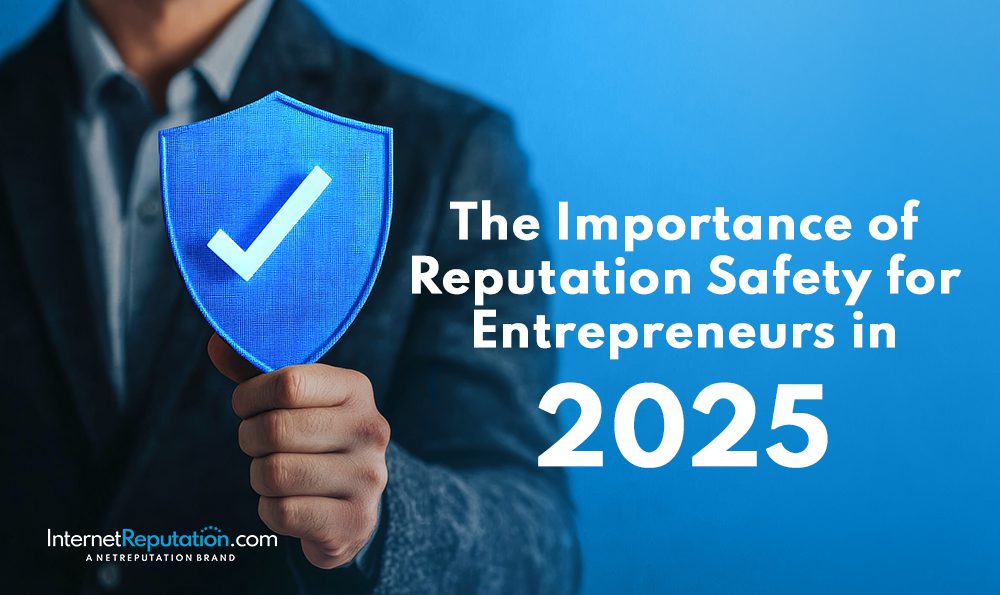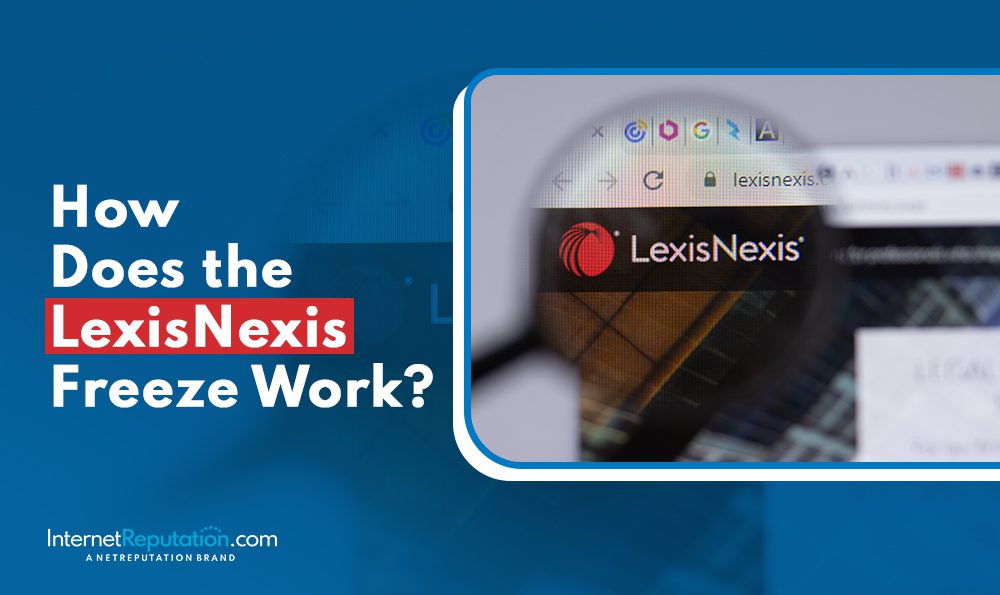The Importance of Reputation Safety for Entrepreneurs in 2025

Reputation safety is one of the most critical assets for businesses today. A strong safety reputation helps build trust, manage reputational risk, and ensure long-term success. For business leaders, managing reputational risk involves addressing potential threats and mitigating the consequences of reputational damage caused by safety issues, product quality concerns, or public scrutiny.
Why Reputation Safety Is Vital
A company’s reputation is one of its most valuable assets, impacting customers, employees, and stakeholders. Businesses with strong positive reputations often experience higher customer confidence, better employee morale, and greater market value.
Key Factors Influencing Reputation Safety:
- Brand Reputation: A strong brand reputation attracts customers and fosters loyalty.
- Workplace Safety: Ensuring workplace safety and addressing occupational health concerns builds trust among employees.
- Crisis Management: A solid plan for managing incidents and potential threats mitigates the risk of reputational damage.
When organizations prioritize reputation safety, they create confidence among stakeholders and lay the foundation for long-term success.
How Reputational Risk Affects Business
Reputational risk can have a significant impact on a company’s success. Failure to address safety issues, workplace incidents, or customer concerns can lead to reputational damage, affecting brand equity and financial performance.
Potential Consequences of Reputational Damage:
- Decreased Market Value: Negative publicity or incidents can erode a company’s market position.
- Loss of Employee Confidence: Poor safety performance or failure to address safety culture impacts employee morale and retention.
- Customer Trust: Customers may shift to competitors if they perceive the company as unreliable or unsafe.
Businesses must focus on developing robust safety practices and corporate governance to manage reputational risks effectively.
Strategies for Managing Reputational Risk
Managing reputational risk requires proactive strategies that address key areas such as workplace safety, compliance, and customer expectations.
1. Prioritize Safety Culture
Creating a strong safety culture within the organization is essential. A positive reputation for safety reassures employees and customers that the company values their well-being. This includes addressing occupational health concerns, mitigating risks for lone workers, and complying with industry standards.
2. Conduct Risk Assessments
Regular risk assessments help identify potential threats to the organization’s reputation. These assessments allow businesses to address safety issues, protect employees, and ensure the organization is prepared for incidents that may affect its reputation.
3. Strengthen Crisis Management Plans
Crisis management is a critical tool for addressing potential threats. Companies must have a clear plan for handling safety incidents, public relations challenges, and other risks. This includes training employees to respond effectively to crises and mitigating potential damage to the brand.
4. Focus on Product and Service Quality
A strong reputation for product quality ensures customer trust and loyalty. Businesses that consistently deliver value and exceed expectations are more likely to maintain good reputations.
5. Engage in Transparent Communication
Transparent communication builds confidence among customers and employees. Business leaders must actively address concerns, share updates, and engage with stakeholders to foster trust and credibility.
The Financial Benefits of Reputation Safety
Reputation safety isn’t just about avoiding reputational damage—it also offers measurable financial benefits. Businesses with good reputations often see:
- Lower Training Costs: A strong safety culture reduces incidents, minimizing the need for corrective training.
- Improved Market Value: Positive reputations increase brand equity and attract investors.
- Customer Loyalty: Satisfied customers are more likely to return and recommend the business to others.
By investing in safety performance and managing reputational risk, organizations can create more value for employees, customers, and stakeholders.
The Role of Business Leaders in Reputation Management
Business leaders play a pivotal role in protecting their organization’s reputation. By focusing on safety, compliance, and employee well-being, leaders can build a culture of trust and accountability.
Best Practices for Leaders:
- Developing Awareness: Stay informed about industry trends, safety expectations, and customer concerns.
- Creating Solutions: Implement proactive measures to address risks and improve safety practices.
- Building Confidence: Engage with employees and customers to show commitment to strong values and ethics.
When leaders prioritize reputation safety, they protect their businesses from potential damage and position them for long-term success.
Consequences of Failing to Protect Reputation Safety
Failing to address reputational risks can lead to severe consequences:
- Reputational Damage: Negative incidents erode trust and brand loyalty.
- Higher Costs: Poor safety performance increases operational and training costs.
- Lost Opportunities: A damaged reputation can hinder partnerships, growth, and market leadership.
By taking a proactive approach to reputation management, businesses can avoid such risks and build resilience against challenges.
Conclusion
Reputation safety is a critical component of business success. It influences customer trust, employee morale, and financial performance. By managing reputational risks, prioritizing safety culture, and maintaining transparent communication, organizations can safeguard their reputation and thrive in today’s competitive landscape.
For business leaders, focusing on reputation safety isn’t just about protecting against risks—it’s about creating more value and ensuring long-term success. Start building a good reputation today to lead your organization into a safer and more prosperous future.



